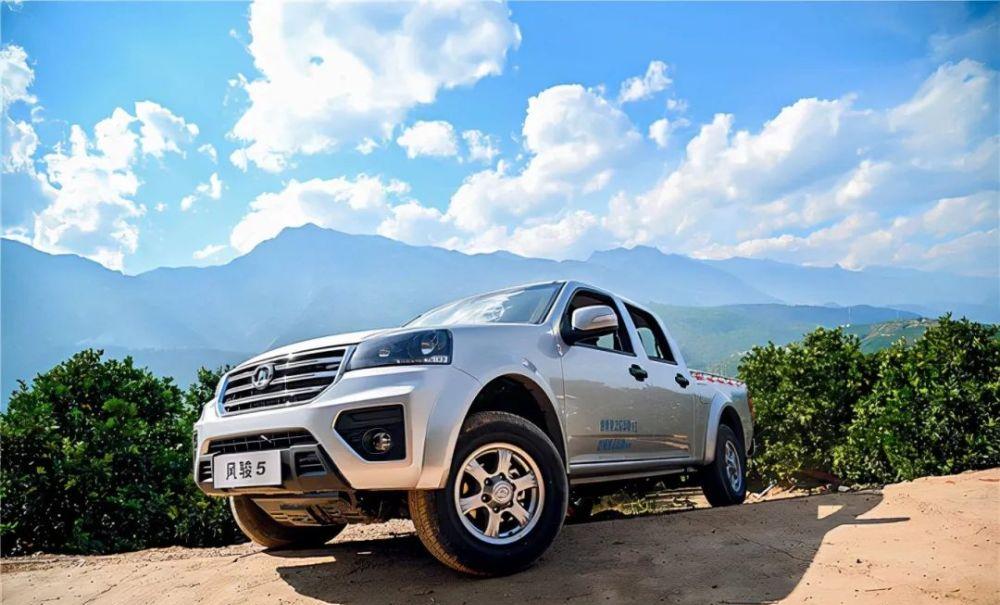Pickup trucks as a model of IKEA, are extremely popular around the world, coupled with the pickup truck standards released this year and a series of policies that have been implemented in many regions, have made pickup trucks gradually see the dawn in China. However, many people do not know how the taxes on domestic pickup trucks are calculated, and some people even think that the taxes paid by domestic pickup trucks are very high.

In fact, the purchase of domestic pickup trucks only needs to pay value-added tax, purchase tax, vehicle and ship tax is enough; imported pickup trucks need to pay customs duties and import value-added tax at the time of customs declaration, and then pay value-added tax, purchase tax and vehicle and vessel tax when purchasing and domestic pickup trucks.
Domestic pickup truck:
VAT is generally 13% and is often included in the price of the car.
Purchase tax naturally need not be said, for 10% of the taxable value, of course, when calculating the purchase tax, minus 13% of the value-added tax.
The vehicle and vessel tax is based on the standard of trucks, charged according to the tonnage, ranging from 12-120 yuan per ton, and the actual payment fee is lower than most passenger cars.
Imported pickups:
Because imported pickup trucks are classified according to light trucks, import VAT and customs duties need to be paid when declaring imports, and the current import VAT is 16% and the tariff is 25%.
Consumers then pay VAT, purchase tax and vehicle and vessel tax when purchasing domestic pickup trucks.
Let's take a look at Thailand's pickup truck taxes: Thailand's tax composition is relatively simple, first of all, the price of the car will include consumption tax, and then if it is an imported pickup truck, it will charge a 200% tariff, while the domestic pickup truck will not, so pickup truck manufacturers like Toyota, Ford, Isuzu and so on will choose to build factories locally, and the government will have certain financial subsidies for the purchase of diesel pickup trucks in Thailand. Then every year, you need to pay a traffic tax (equivalent to the domestic vehicle and boat tax), passenger cars with less than 7 seats or 4 pickup trucks, and the tax is calculated according to the engine displacement.
Take a pickup truck with a displacement of 3000ml as an example:
Under 600ml will be charged 0.5 baht/ml=600 ×0.5=300 baht
From 601-1800ml, 1.50 baht/ml = (1800–600) x 1.50 = 1800 baht
If more than 1800ml will be charged 4 baht/ml=(3000–1800) x 4=4800 baht
The total is = 300 + 1800 + 4800 = 6900 baht, about 1316 yuan, must be paid in the same amount for 5 years.
For vehicles with a service life of 6 years or more, annual tax benefits are available. Vehicles over 6 years old receive a 10% discount, over 7 years receive a 20% discount, and so on, and when the car reaches 10 years or more, it can enjoy a 50% tax discount for life. Looking at it this way, do you think the domestic taxes and fees are high?